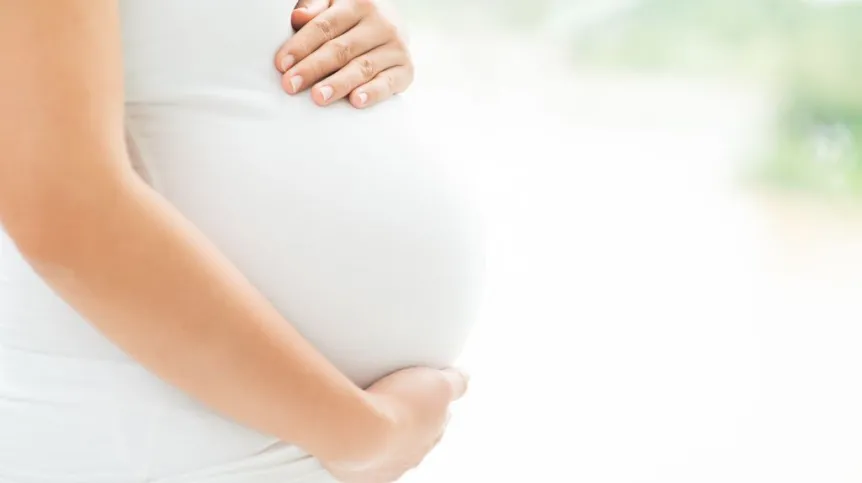
Pregnant mother\'s exposure of to atmospheric pollution causes babies to be born smaller and their IQ is lower - according to many years of research of scientists from the Jagiellonian University Medical College (UJ CM).
Exposure to high atmospheric pollution in the womb causes changes that may contribute to child\'s impeded development - said in an interview with PAP Dr. Agnieszka Pac from the Department of Epidemiology and Preventive Medicine, Jagiellonian University Medical College.
Earlier research shows that the foetus growing in the womb is very sensitive to the various components of pollution - the placenta does not fully protect the developing foetus against chemicals. Consequently, exposure to environmental hazards during this period may have more serious consequences than exposure later in life - researchers say.
Since 2000 researchers from the Jagiellonian University have monitored more than 500 pregnant women, and then also their children with focus on exposure to dust (in the form of particles with a diameter of 2.5 microns and smaller, PM2.5). This type pollutants are particularly hazardous to health because they can penetrate directly into the lungs. In recent days, their legal limits have been far exceeded in many places in Poland.
Infants whose mothers were exposed to higher air pollution during pregnancy, weighed less - an average of 128 g - than children exposed to less pollution. The researchers found that in this group of children wheezing was more frequent later in life, which is often associated with the later appearance of asthma.
It also turned out that the IQ of children, whose mothers were exposed to a higher concentration of polycyclic aromatic hydrocarbons (above 18 nanograms per m3) during the second trimester of pregnancy was lower by almost 4 points (tests were conducted when the children reached the age of 5 years).
The research also shows that incidence of lung disease was increased in newborns from the group that was exposed to higher pollution in the foetal period. Even relatively low concentrations of PM 2.5 (above 20 microns per m3) increased susceptibility to recurrent bronchitis and pneumonia in both children with asthma, as in those not diagnosed with asthma.
Researchers from the UJ CM regularly tested the same group of children in subsequent years of their lives. For example, spirometric tests in five year olds revealed that the total value of expiratory lung volume is lower by approx. 100 ml, if they were subject to higher dust concentrations in foetal life.
"Research conducted in Kraków leaves no doubt that the negative effects of prenatal exposure to air pollution in Kraków are clearly visible" - the researchers conclude.
Dr. Agnieszka Pac\'s team continues the work of deceased Prof. Wiesław Jędrychowski. The researcher intends to continue to look at the same group of children in the later years of their lives. In the future, researchers want to assess the impact of air pollution on children\'s health from birth to adolescence.
PAP - Science and Scholarship in Poland, Szymon Zdziebłowski
szz/ zan/ mrt/
tr. RL













